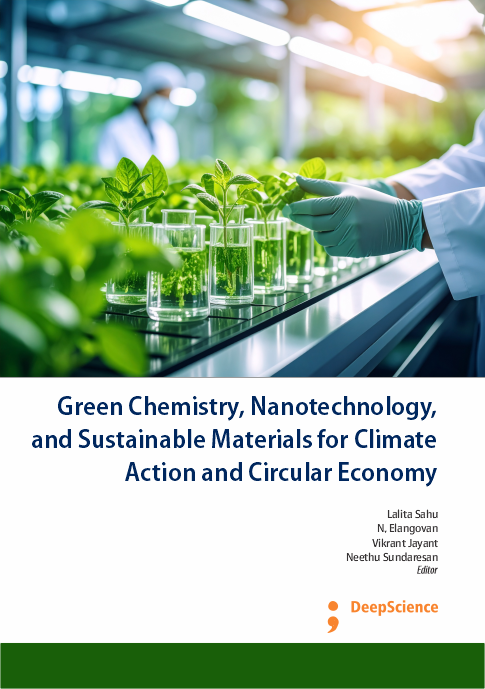Green Catalysis in Organic Synthesis: Eco-Friendly Alternatives to Conventional Methods
Synopsis
The pursuit of sustainable and environmentally friendly approaches in chemical synthesis has led to the emergence of green catalysis as a transformative tool in organic chemistry. Traditional catalytic processes often involve hazardous reagents, toxic solvents, and high energy inputs, posing challenges to human health and environmental sustainability. This review is dedicated to green catalysts (both biocatalysts and chemical catalysts), such as biocatalysis, solid catalysts (heterogeneous), ionic liquids, and metal-organic frameworks (MOFs), which can provide a safe, green and sustainable environment for various organic reactions. It mainly focuses on the catalytic efficiency, atom economy, selectivity of reactions, and recyclability. Comparison of the conventional and green catalytic procedures has been illustrated using representative examples such as oxidations, reductions, C–C cross coupling, and esterification. This work shows a few emerging catalyst design and highlights the possibility of the green catalysis towards less environmental footprint and scaled-up green chemistry.














